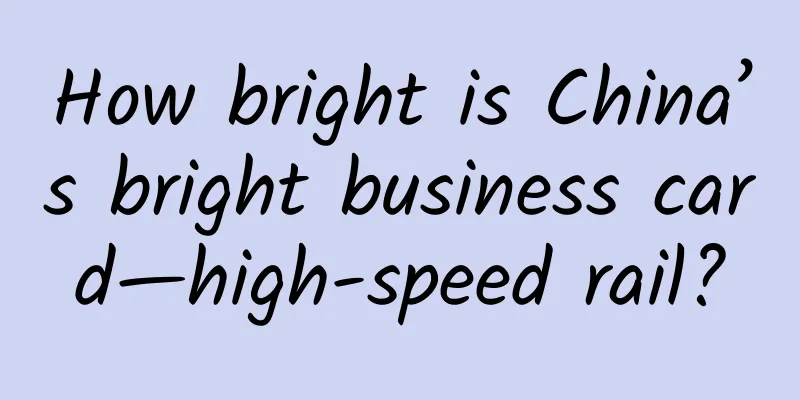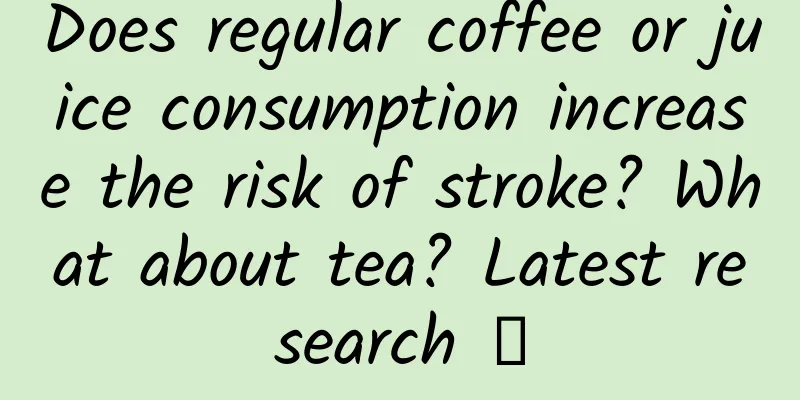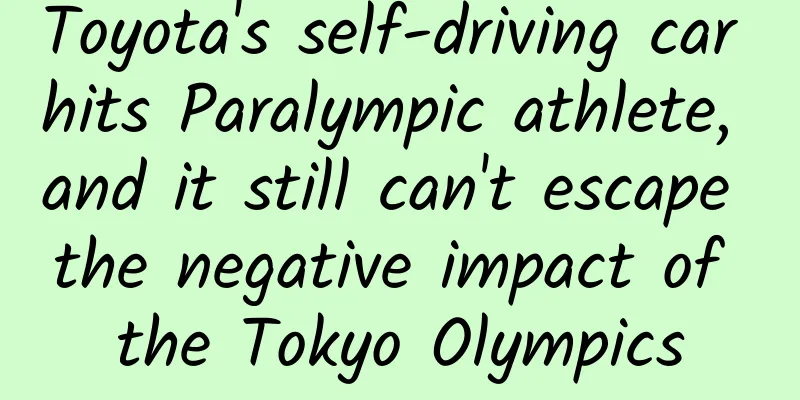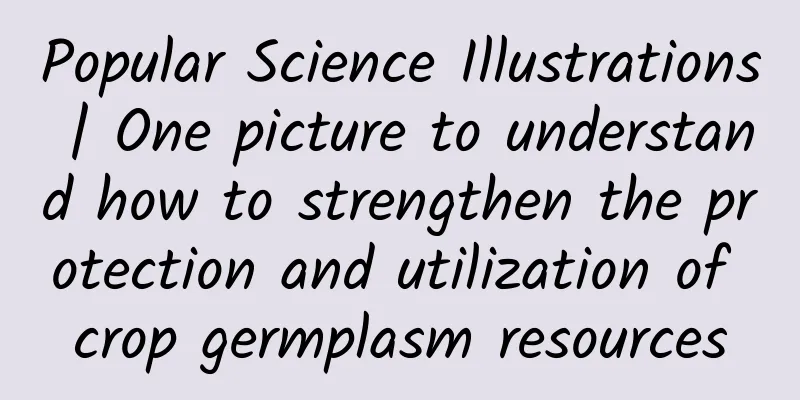The Pretender: The winding road of using sugar substitutes to quit sugar
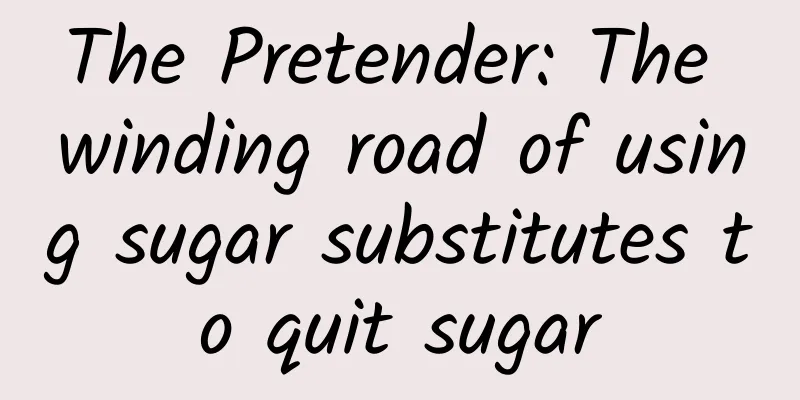
|
We who have been on the road to losing weight for many years are very sensitive to calories and sugar. Quitting sugar has also become a popular trend among young people to lose weight and protect their skin. "Sugar-free", "sugar substitute" and "0 calories" have become keywords that influence many people's food choices. Even many price-sensitive consumers will choose more expensive sugar-free products. Sugar-free has also become a tool for businesses to seek new growth. Many manufacturers have developed new sugar-free products, such as beverages, yogurt, snacks, etc., to cater to changes in consumer concepts and consumption trends. Consumers can use sugar-free products to replace their need for sugar, and businesses are making huge profits in the sugar-free trend. Sugar substitutes seem to be a perfect choice that can meet the needs of both consumption and supply. However, recently, the truth about the scientific research and news about sugar substitutes has been revealed, breaking the illusory balance of sugar-free in our brains. The more 0 sugar and 0 calories you eat, the fatter you get? The popular sugar-free products on the market all add various sugar substitutes to food as sweeteners to satisfy the taste. Sugar substitutes, also known as artificial sweeteners, fake sweetness. These artificial sweeteners are extremely sweet, hundreds of times sweeter than white sugar. The saccharin we ate when we were young, the kind added to popcorn, is a kind of artificial synthetic sugar substitute. Common sugar substitutes in various foods include sucralose, aspartame, acesulfame potassium and other artificial sweeteners. If we take sugar substitutes alone, they do not have much calories and have the sweetness of sugar. They are widely used in the food and beverage industry and seem to be fine. But studies have found that sugar-free foods and drinks not only make you fat, but also increase the risk of other diseases. A large sample cohort study of nearly 200,000 people at Harvard University showed that people who drink artificial sweeteners every day have a 19% increased risk of diabetes, which is higher than the risk of diabetes from drinking sugary drinks. Another study on Singaporean teenagers showed that teenagers who drank soda drinks containing artificial sweeteners had a 58% increased risk of type 2 diabetes, which was higher than those who chose sugary drinks. How can people be more susceptible to diabetes without sugar intake? The sugar substitute you eat will make your brain mistakenly think that you are taking in sugar, causing the pancreas to secrete insulin. The large amount of insulin secreted will synthesize the blood sugar in the body into fat. This leads to an increase in fat, but in fact the amount of blood sugar in the body is not enough. The brain sends a signal to stimulate people to eat too much, thus increasing blood sugar. This is why many people feel more greedy and hungry after drinking 0-calorie, 0-sugar drinks. This deception of the human metabolic system, if continued for a long time, can easily cause a disorder in the metabolic regulation mechanism. Some studies have shown that the abuse of sugar substitutes may interfere with amino acid metabolism and affect the balance of neurotransmitters, such as affecting the level of catecholamines in the brain, causing the nervous system to become overexcited, which is not conducive to the body's anti-anxiety and anti-depression functions. Scientists around the world are increasingly discovering the multiple threats that artificial sweeteners pose to human health. A study published in the Journal of the American College of Cardiology showed that people who drink artificial sweeteners every day have a 32% higher chance of developing cardiovascular disease. The harm of sugar substitutes has been confirmed by more and more scientific studies, but in the national carnival of weight loss and sugar-free products on the market, the voices of the harm of sugar substitutes have been drowned out. Even under the ambiguous packaging and promotion of some unscrupulous businesses, sugar-free is still synonymous with healthy living. Many consumers who don't understand are still kept in the dark. Recently, a decade-long study on sugar substitutes has brought this real harm to us. Quitting sugar = quitting all sugar? Researchers from the University of Paris, France, and the International Agency for Research on Cancer (IARC) under the World Health Organization collected data from about 100,000 people for nearly a decade. After research and analysis, they published this new study in the Public Library of Science Medicine. The results show that artificial sweeteners are not a healthy substitute for sugar. Frequent consumption of foods or beverages containing artificial sweeteners, especially foods and beverages containing sucralose and aspartame, may increase the risk of cancer. These cancers include many common cancer series, such as colorectal cancer, stomach cancer, liver cancer, esophageal cancer, laryngeal cancer, oral cancer, etc., which are caused by obesity. This project started in 2009. Respondents voluntarily participated and reported their medical history, socio-demographic status, diet, lifestyle and health data. The data collected by the researchers included the intake of artificial sweeteners in 24-hour dietary data. During the follow-up, the researchers also collected cancer diagnosis information and then conducted statistical analysis to investigate the relationship between artificial sweetener intake and cancer risk. To correct for factors affecting the data, the researchers adjusted for a range of variables, including age, sex, education, exercise, smoking, body mass index, height; weight change during follow-up, diabetes, family history of cancer, and baseline intake of alcohol, saturated fat, fiber, sugar, whole grains, and dairy products. After eliminating the influence of other factors, researchers found that a large intake of artificial sweeteners, especially aspartame, is associated with a 22% increased risk of breast cancer in women. In men, it is associated with a 28% increased risk of prostate cancer. In the overall risk of cancer, high intake of sweeteners will increase the risk of cancer by 13%, and the risk of cancer such as obesity will increase by 13%. In daily life, artificial sweeteners are mainly consumed in processed foods and beverages. Sugar-free beverages account for the largest share, accounting for 53% of the total intake of artificial sweeteners. The second largest share is table foods such as sugary snacks, biscuits, cakes, and oatmeal, accounting for 29%; yogurt, cheese and other products account for 8% of the total intake of artificial sweeteners. The researchers analyzed that the association between artificial sweeteners and cancer risk may be related to multiple mechanisms, such as causing metabolic disorders, causing overweight or obesity; promoting inflammation, angiogenesis and DNA damage, and inhibiting cell apoptosis; changing the richness of intestinal microorganisms, leading to intestinal microbial imbalance, etc. Are you a little trembling after reading this? The happy water, fat house yogurt and snacks we like are no longer fragrant. From now on, 0 sugar is no longer our safe haven for quitting sugar. The fantasy of having both fish and bear's paw is shattered. If you want to be healthy and quit sugar, you need to quit all sugar. Quitting sugar = quitting all sugar. Facing "sugar" A large number of studies and tests all point to the same answer: 0 sugar, 0 calories, no benefits, nothing harmful. The sweetness of the fat house happy water is actually a hidden evil, it is really "honey on the lips, but a sword on the belly". There is no need to battle with netizens online about which sugar substitute is healthier. All sugar substitutes have been swept under the carpet in terms of health, and there is no room for safety and trust. Artificial sugar substitutes can mislead the secretion of insulin. Long-term drinking of sugar-free beverages will make the pancreas less sensitive to sugar, and the secretion of insulin will become slower and more difficult. The price of deceiving the brain is metabolic disorders, or it is associated with an increased risk of cancer. If you want to drink beverages, don't deceive yourself and look for 0 sugar and 0 calories, just drink normal sugar. This normal sugar is table sugar such as sucrose, including white sugar, brown sugar, etc. The sugar reduction advocated in various policies also mainly refers to reducing the intake of artificial refined sugars such as sucrose. True zero sugar is also clearly defined and regulated in food regulations and guidelines. According to my country's "General Rules for Nutrition Labeling of Pre-packaged Foods", the sugar content in pre-packaged foods shall not exceed 0.5g/100g (solid) or 100mL (liquid) and can be labeled as "no or sugar-free"; the sugar content in pre-packaged foods shall not exceed 5g/100g (solid) or 100mL (liquid) and can be labeled as "low sugar". The sugar here refers to monosaccharides (glucose, fructose, galactose) and disaccharides (lactose, maltose), so the sucrose-free food promotion does not mean the absence of other sugars, so zero sugar (sugar substitutes) are still popular. When buying beverages that we often see on the market, you can look at the ingredient list and think twice. By the way, let me tell you that sugar-free Coca-Cola uses aspartame, Yuanqi Forest uses erythritol, and Xixiaocha uses erythritol and sucralose. These sugar substitutes are typical sugar substitutes picked out in the above experiment. As for what kind of eating habits we want to choose, it is a personal choice. I just hope that any choice we make is made with knowledge. After all, driven by profit, all kinds of food manufacturers have too much voice for 0 sugar and 0 calories. Since there is no hope for sugar substitutes to replace sucrose, how can we quit sugar? The answers from nutrition experts are the most basic answer: control your diet. If you are used to drinking beverages and don't drink plain water, you can consider switching to a new food area. You can consider learning online about light tea, lemonade, self-brewed fruit tea, etc. There is no price to pay for the satisfaction of any desire, whether it is health or fat loss. Fighting the brain's craving for sugar and pulling the reins of the brain, this glutton that wants to devour everything, although painful, PUAing your own desires is really the most fundamental answer, the simplest, but also the hardest to stick to. |
<<: The key points of epidemic food reserve: the most complete and condensed version ever
>>: Is it safe to spray eggs with alcohol? How to effectively disinfect fruits and vegetables?
Recommend
There is a lot to learn about small fans! Get the thousand-year history of fans in one article and see how the ancients spent the summer elegantly.
About Summer A cool-down device is a must --"...
Using mosquitoes to fight mosquitoes, Brazil will build the world's largest mosquito factory, with an annual output of 5 billion mosquitoes
Summer is almost here, and along with sunshine, b...
CPU controlling the overall intelligence will be another way out for driverless cars
The birth of CPU has strengthened the development...
Download the complete set of videos for first-level construction engineers, Baidu cloud of first-level construction engineer videos in 2020!
[Abstract] Download the complete set of videos on...
Price inquiry for the production of Quzhou Mall Mini Program. How much does it cost to produce Quzhou Mall Mini Program?
How much does it cost to produce the Quzhou Mall ...
Who is your best friend? Green Peacock: Ox!
Produced by: Science Popularization China Author:...
This kind of fleshy lump in the stomach may turn into colon cancer! Check it out as soon as possible at this age...
Advice to friends over 40 years old Include colon...
After abandoning many partners, Apple invested $200 million in this company that made glass the ultimate
Recently, Apple announced an investment of $200 m...
5 ways to boost private education and training traffic
2020 is called the "first year of private do...
Introduction to Taobao promotion skills
Many people say that it is difficult for Taobao n...
NIO: Deliveries exceeded 5,000 units for the first time in October 2020
On November 2, 2020, NIO just released NIO's ...
Xu Jiayin and Jia Yueting "suffocated together"? Today's FF is more like "reheated meat"
Two months ago, when Xu Jiayin "bottomed out...
If you don’t eat spring bamboo shoots, how can you know the feeling of spring? Here is just one reason to persuade you to eat more spring bamboo shoots!
Pickled bamboo shoots with preserved vegetables, ...
Solution | 7 industry promotion tips under the influence of the epidemic
The sudden outbreak of the new coronavirus epidem...
Tesla's free charging service will end next year and will be replaced by a points-based system
Lifetime free charging is a major selling point o...
